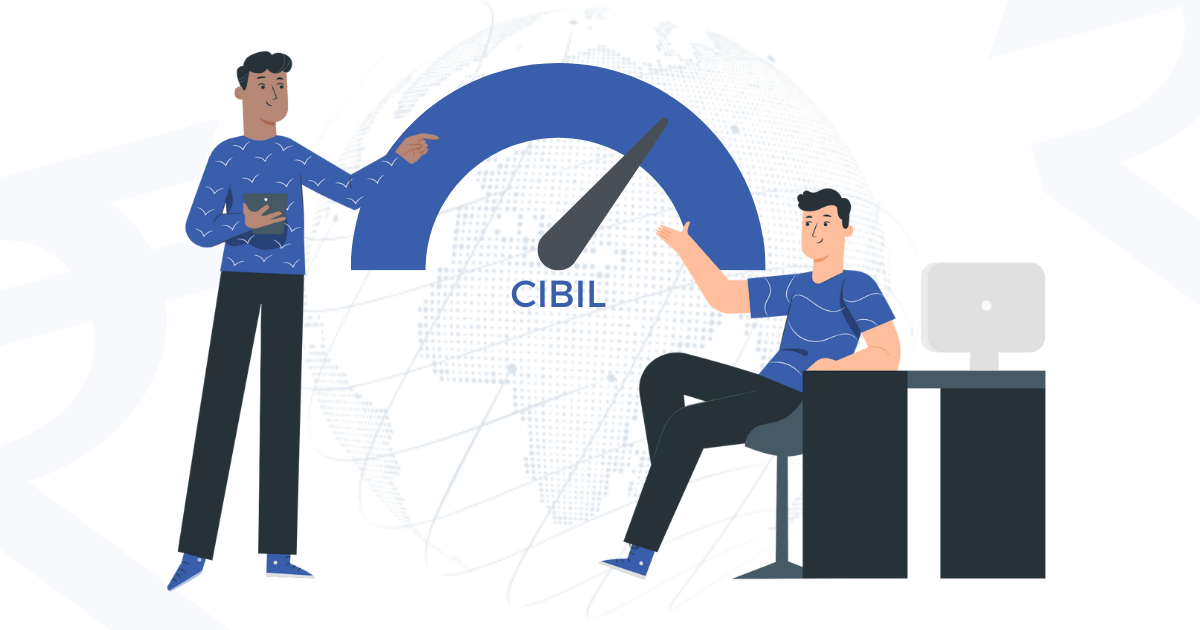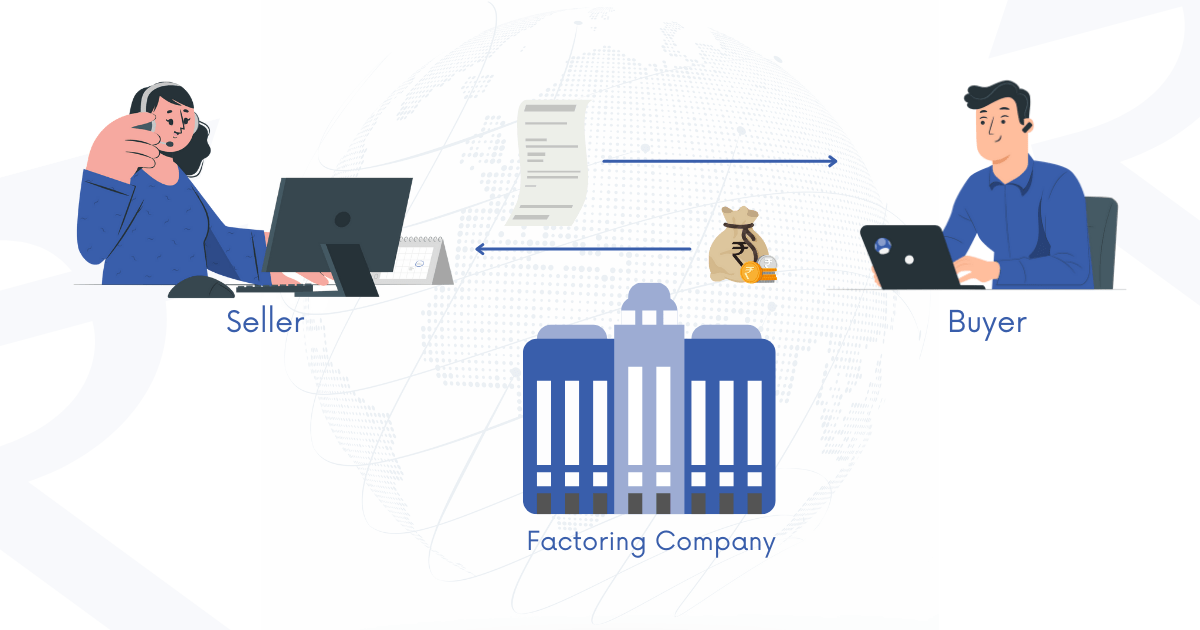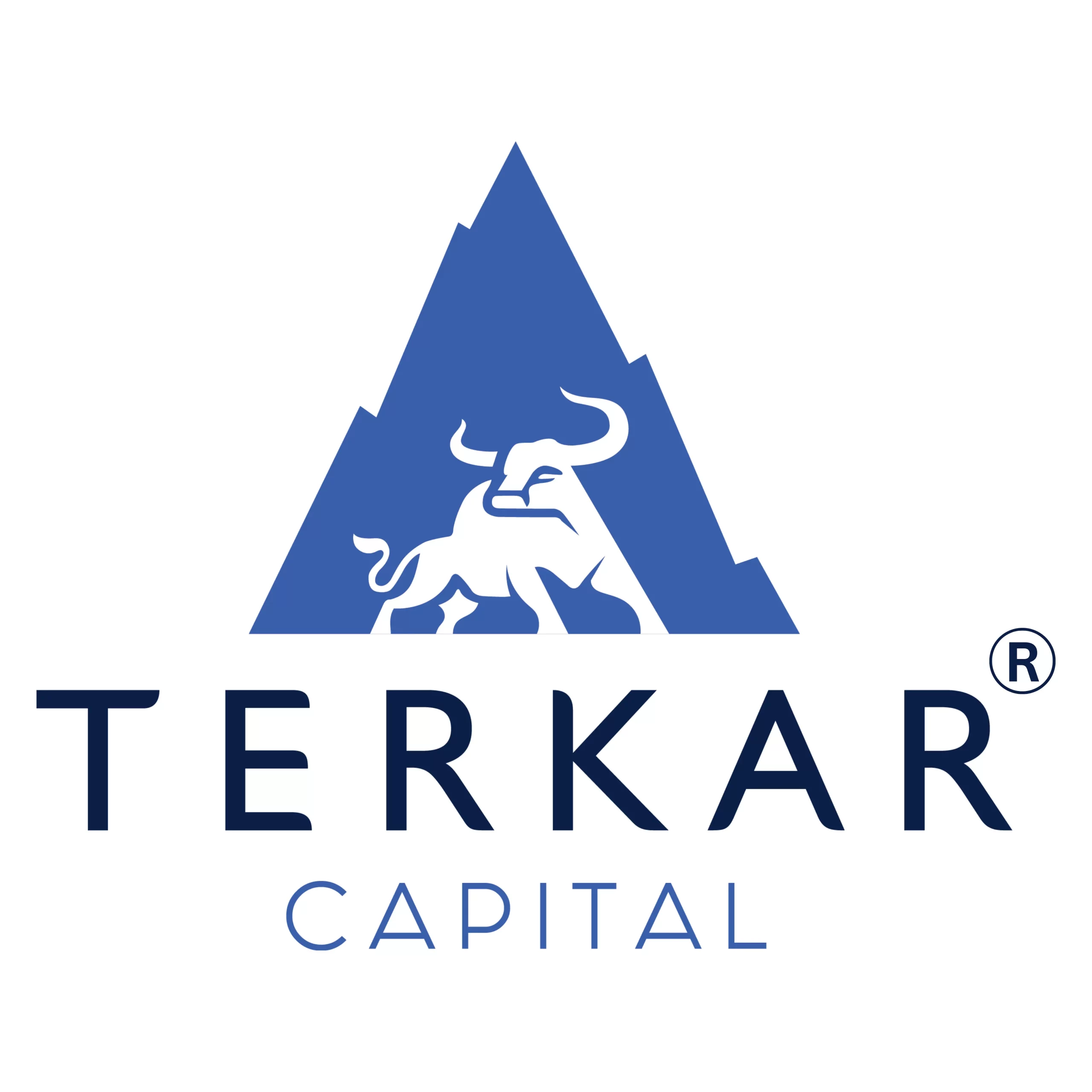Cash Credit Facilities Cash Credit is an instrument of working capital finance. The lender enables customers to use the specified amount. And pay interest only on the used amount. The amount cannot exceed the sanctioned amount. This is known as a “Credit Limit” by the bank. The cash credit facility is generally given for 12 months. It was renewed at the end of the year. CC facility was used to overcome the cash crunch faced due to a credit period of debtors. Drawing Power (DP) is an important concept for Cash Credit (CC) facilities. It is the limit up to which a firm or company can withdraw from the working capital limit sanction. Features of Cash Credit Facilities Majorly, the borrower’s principal banker gives the CC facility. When the borrower uses the amount, the interest is charged only then. Thus, it reduces the financing cost. There are no restrictions on the number of withdrawals of the borrower. The only restriction is on the withdrawal amount. The creditworthiness of the borrower determines the borrowing limit. Thus, the borrower can only withdraw up to the limit the banker has set i.e., as DP states. The credit period is 12 months, generally. After that, the borrower has to renew the period. CC is available in both secured and unsecured funding. It depends upon the availability of collateral. In the case of secured funds, collateral is assets such as stocks, fixed assets, or property. The most important benefit of cash credit is its flexibility in deposits and withdrawals. Thus, a borrower can save a lot of interest costs by depositing as and when the cash is available to him. Example “ABC Private Ltd” is a company engaged in the manufacturing of goods. Being a manufacturing company, the goods are majorly sold in bulk and on a credit basis. The credit period of the debtor is 30/60/90 days. Also, there was unsold stock. In such a case, the company’s capital is stuck in the form of inventory and accounts receivable. Hence, the company takes a short-term loan in order to meet its working capital issues through a cash credit facility. Cash Credit loan eligibility Age criteria: Generally, the age of an applicant should be between 21 to 65. The business should have an existence of at least 3 years or as required by the lender. CIBIL ratings: If CC is obtained through an unsecured funding option, the borrower will need a creditworthy CIBIL score. Financial record: Most borrowers have to submit specific financial record which varies according to the lending institution and also upon the borrower’s business. There is also a specific requirement of monthly income/ turnover criteria for businesses. Note: Eligibility criteria vary from lender to lender. The above-mentioned is a major user. Why choose Terkar Capital? Our cash credit facilities provide flexible financing options tailored to meet your specific needs. With our CC facility, you can access a specified amount and pay interest only on the utilized funds. We determine your borrowing limit based on your creditworthiness, ensuring you have the necessary resources to overcome cash crunches. Whether you require secured or unsecured funding, our cash credit facilities offer the flexibility and support you need to fuel your business growth FAQs 1. What is the difference between CC and Loan? A lender offers a term loan at a specific rate of interest. It has to be repaid within a specified tenure. Whereas, the CC facility is short-term finance. It helps to overcome working capital issues. The banker specifies a certain limit up to which the borrower can withdraw money. He can pay interest only on the used money. 2. Who can avail CC facility? All the manufacturing and service industries, traders, distributors, companies, partnership firms, and LLPs can apply for a CC facility. 3. What is the amount offered by CC Facility? The amount of CC depends upon the drawing power of the borrower. DP is calculated by considering the amount of stock, accounts payable, and accounts receivables. 4. Is collateral required? The collateral depends upon the availability of the borrower. Whether he possesses collateral or not. If the borrower does not have collateral, the ROI in such a situation will be higher than in the secure one.
- Office Hours - Mon to Sat - 9:00 to 19:00 Hrs
- Yes@terkarcapital.com
- +91 7414973455


















